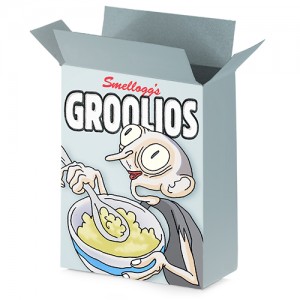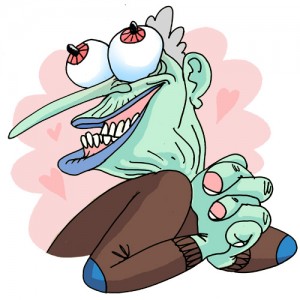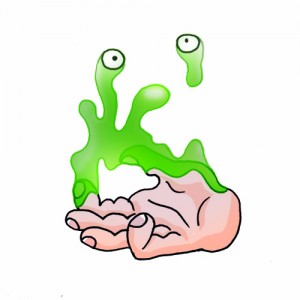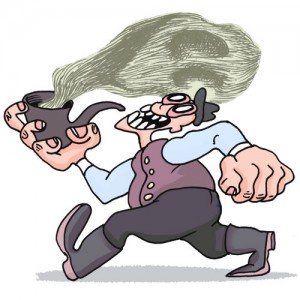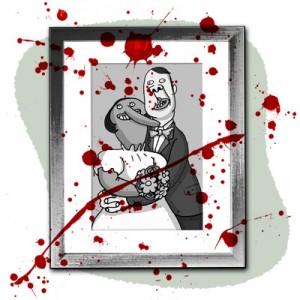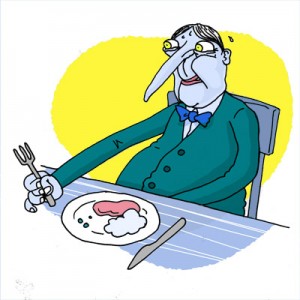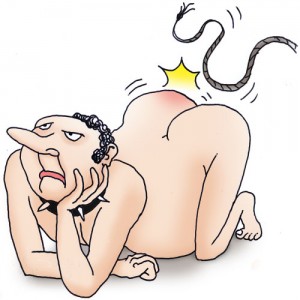Palpebrous
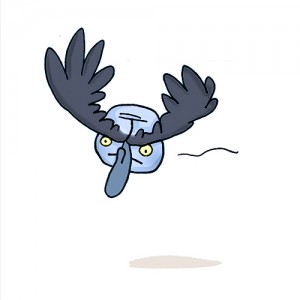
Ever seen a gentleman whose noble brow is even-further ennobled by a prominent set of eyebrows? Perhaps they were like the wings of a bat? Perhaps they formed fine points, like a Viking’s helmet, or Salvador Dali’s moustache? Either way, the word you’re looking for to describe this impressive facial feature is palpebrous. Palpebrousness (or could it be palebrosity?) is the possession of prominent eye-brows.
Etymology: From Latin palpebra, an eyelid. Apparently the word was mistranslated by Benjamin Smart, a nineteenth-century grammarian in his New Critical Pronouncing Dictionary of the English Language.
